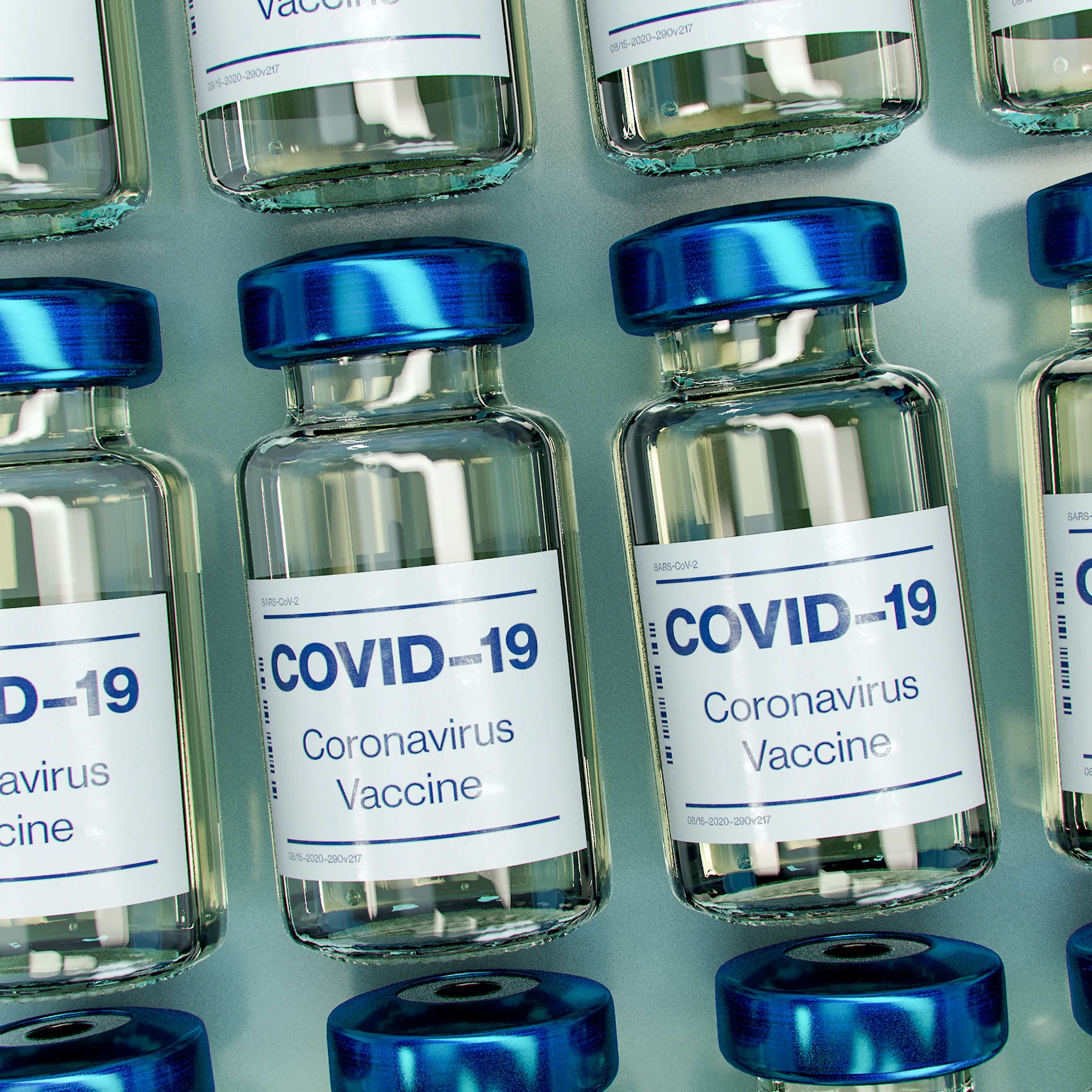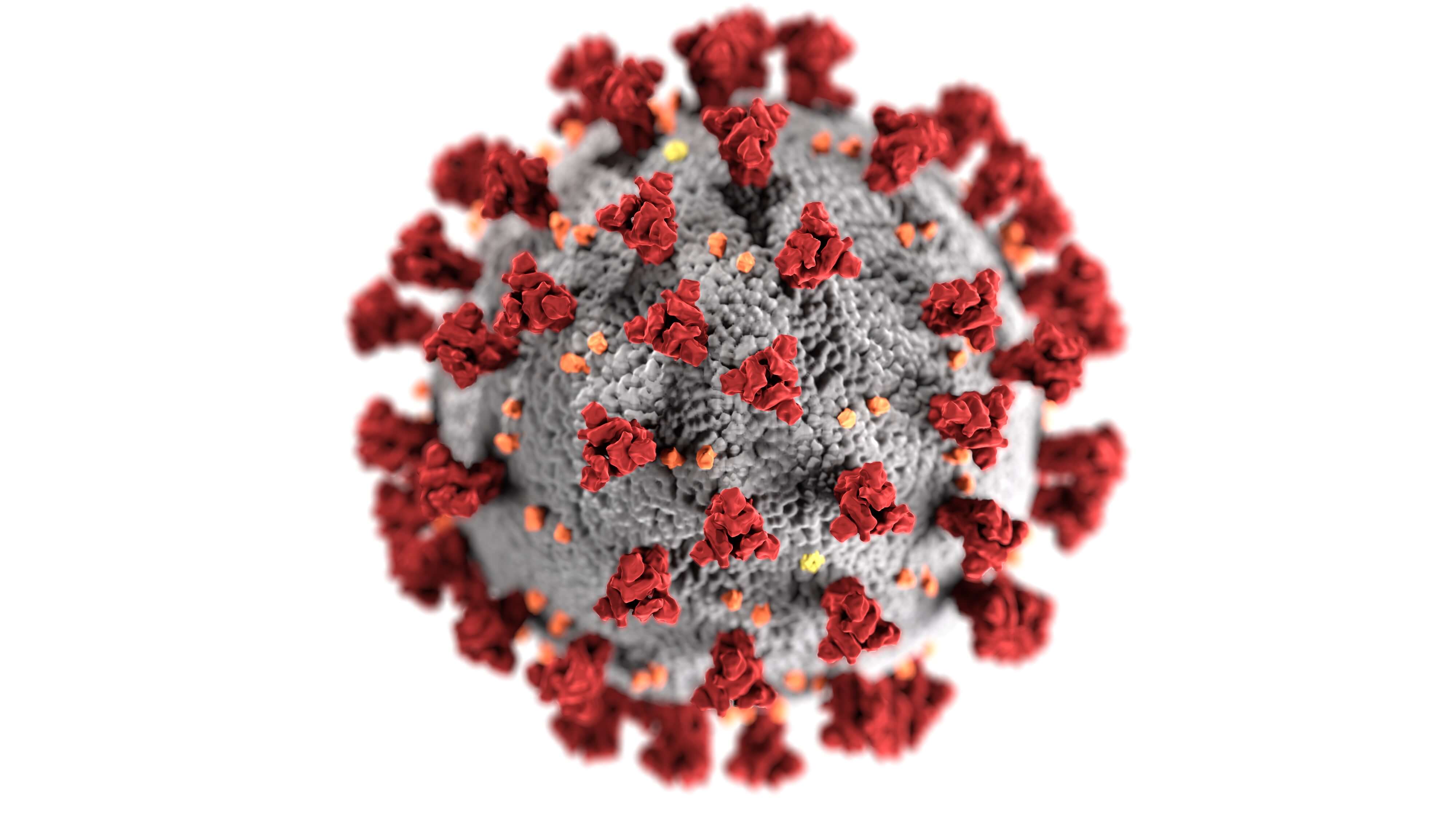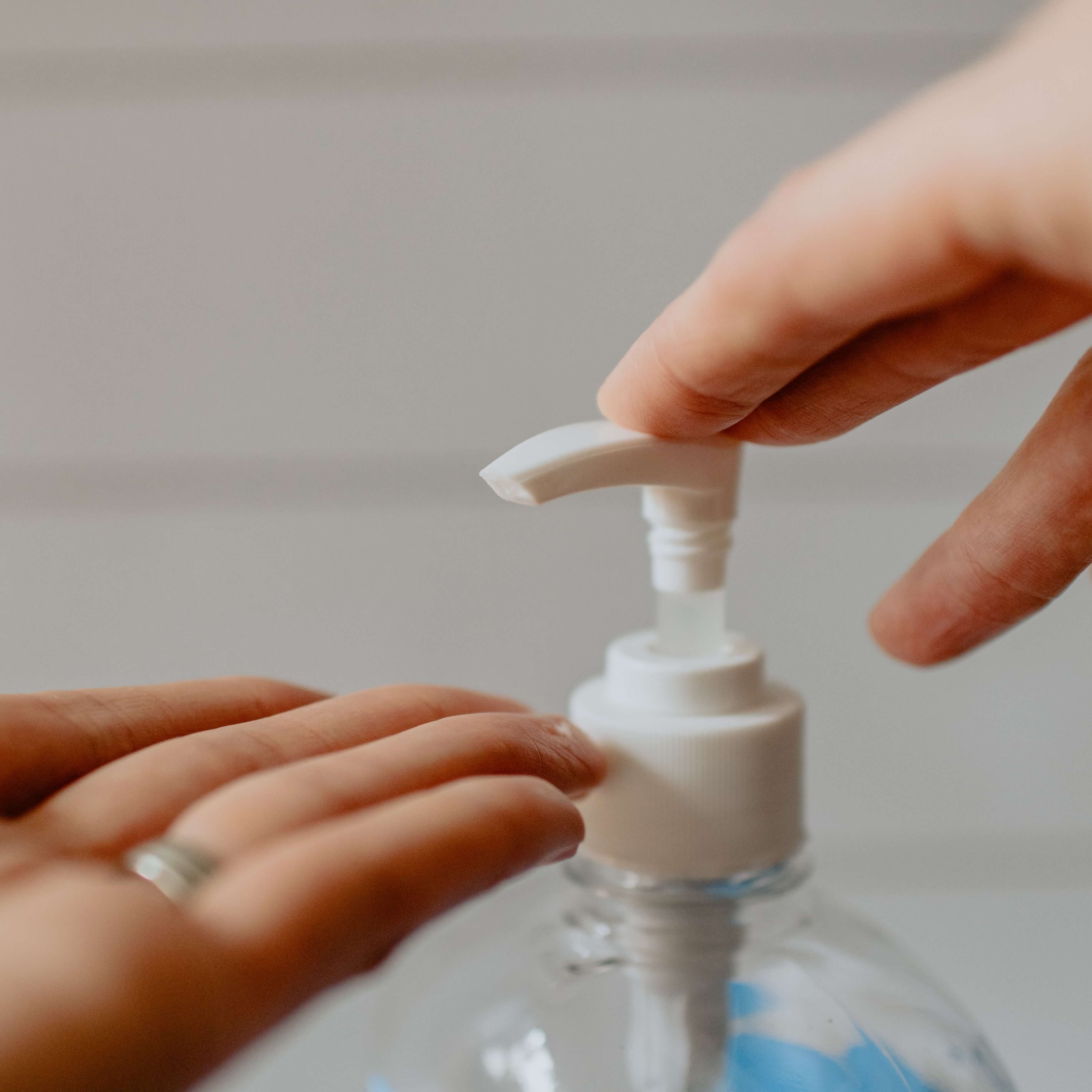
Do You Have to Isolate After a PCR Test?
The PCR test is the gold standard for Covid-19 testing because of its high degree of sensitivity and specificity. This diagnostic test assesses the genetic material of a sample to detect the presence of the SARS-CoV-2 virus. Like most people who decide to use this method for Covid-19 testing, you may want the answer to the question - do I have to isolate after a PCR test?
Should You Isolate After PCR Testing?
So, do you have to isolate after a PCR test? The answer to this question is yes if:
- You have Covid-19 symptoms - In case you have Covid-like symptoms, you should self-isolate as you wait for your PCR test results. The main Covid-19 symptoms you should look out for include:
- High temperature
- A new continuous cough
- A change or loss of taste or smell.
Do You Have to Isolate If You Test Negative?
If your PCR test results are negative, then it means that the SARS-CoV-2 virus wasn’t found in your sample at the time of the test. You don’t need to self-isolate after a negative test if you don’t have Covid-19 symptoms. However, if you have Covid-19 symptoms, you should self-isolate even if your PCR test results are negative. You should continue to self-isolate until you no longer have any symptoms for at least 48 hours.
What Those Who Test Negative but Have Symptoms Should Do?
As noted earlier, if you test negative but have Covid-19 symptoms, you should self-isolate. A negative result is not a guarantee that you don’t have an active Covid-19 infection. There may be a chance that you still have the virus, but the PCR test did not detect it. You may also be infectious, which is why you need to self-isolate and continue to do so until you no longer have symptoms.
Advice for Those with a Confirmed Covid-19 Infection
If you tested positive for Covid, you are likely to spread the infection to others. This is why you’re advised to quarantine for 7 days. Self-isolation or self-quarantine means staying indoors and avoiding contact with others. Self-isolation, in this case, is recommended regardless of your vaccination status. Self-solation is also a requirement for persons who test positive but don’t have Covid-19 symptoms.
A common question we get in our line of work is - can you have Covid with no symptoms? Unfortunately, yes, it’s possible to be infected with Covid-19 and remain asymptomatic. In fact, 30% of Covid-19 infected persons don’t have symptoms, and among those with symptoms, 80% of them have mild symptoms. The sad news is that asymptomatic people can still spread the Covid-19 virus. This is why one should self-quarantine after testing positive for the SARS-CoV-2 virus even if they don’t show any Covid-19 symptoms.
In addition to self-isolation, here is more advice to follow when you test positive for Covid-19:
- Stay indoors and avoid contact with others for 7 days from the date your symptoms started or the date of your PCR test, whichever came earlier.
- For children and young people aged below 18 years who test positive, the recommended self-isolation period is 3 days. This is because these people are infectious to others for less time compared to adults.
- Inform people in your household and anyone who you may have come into contact with about your positive Covid-19 test result. Let them be on the lookout for any Covid-19 symptoms so that they can self-isolate and get tested.
- Avoid getting into contact with people with a severe illness, a weak immune system, or those who are at a higher risk of contracting Covid-19 for at least 10 days. The illnesses can include:
- Certain types of cancer
- Down's syndrome or any other chromosomal disorder that weakens the immune system
- Severe liver disease
- HIV or AIDS
- Certain inflammatory or autoimmune conditions
- Sickle cell disease
- Chronic kidney disease
- Those who have had an organ transplant
- Certain diseases that affect the blood
- A condition that affects the immune system
- A rare disease that affects the nerves or brain
How Many Days Will I Test Positive for Covid?
Testing positive for Covid-19 can be disruptive to your normal routine. So, like most people who have tested positive for Covid in the past, you may be wondering how long will I be positive for Covid or how long after having Covid will I test positive.
Unfortunately, it’s possible to continue testing positive for weeks or even months after recovery. The good news is that you most likely won’t be infectious for that long. If, after the 7-day isolation period, your symptoms do not go away or if they worsen, then you should take another test. According to public health advice offered by CDC, if you continue to test positive on a PCR test, you should take a lateral flow test such as the Healgen Covid-19 test. If you test negative on the rapid antigen test even after a positive PCR test, it may be a sign that you aren’t infectious.
Things You Should Know About Self-Isolating

According to the NHS, you should self-isolate if you have Covid-19 symptoms or if you have tested positive for Covid-19. Self-isolating helps keep your family, friends, and those in your community safe as it reduces the risk of you passing the Covid-19 virus to others.
The self-isolation period should start on the day you notice any of the mentioned Covid-19 symptoms. In case you don’t have symptoms, then self-quarantine ought to start on the day you take the Covid-19 PCR test or rapid antigen test such as the FlowFlex Covid-19 test.
Self-isolation should last for 7 full days. After the 7 days, you can return to your normal daily routine if you no longer have Covid-19 symptoms or if the only symptoms you have is a cough or loss of smell or taste. However, if you still have a high temperature even after the isolation period, continue to stay indoors and seek medical advice.
Another group that was in the past required to self-isolate were people traveling to the UK from abroad. In addition, they were required to take a Covid-19 test on or before day 2 of their self-isolation period.
So for UK arrivals, what counts as day 2 for Covid test? The days were counted from the arrival date. Therefore, if you arrived in the UK on Monday, then your day one was Tuesday, while day two was Wednesday. You were expected to book for the day 2 mandatory PCR test before you travel. If your day 2 test turned out to be positive, you were required to isolate for 10 days even if you were fully vaccinated. If you tested negative, you were required to take another test on or after day 8 of your quarantine period. However, since March 2022, all travel restrictions for UK travelers have been removed.
Conclusion
In closing, self-isolating after getting a positive Covid-19 test helps limit the spread of the virus. After your 7 days of isolation, you should take extra care for the next 3 days. You can do this by avoiding crowded, enclosed, or poorly ventilated places, limiting close contact with others, wearing your mask, avoiding contact with those at a higher risk of getting infected, and working from home where possible.



